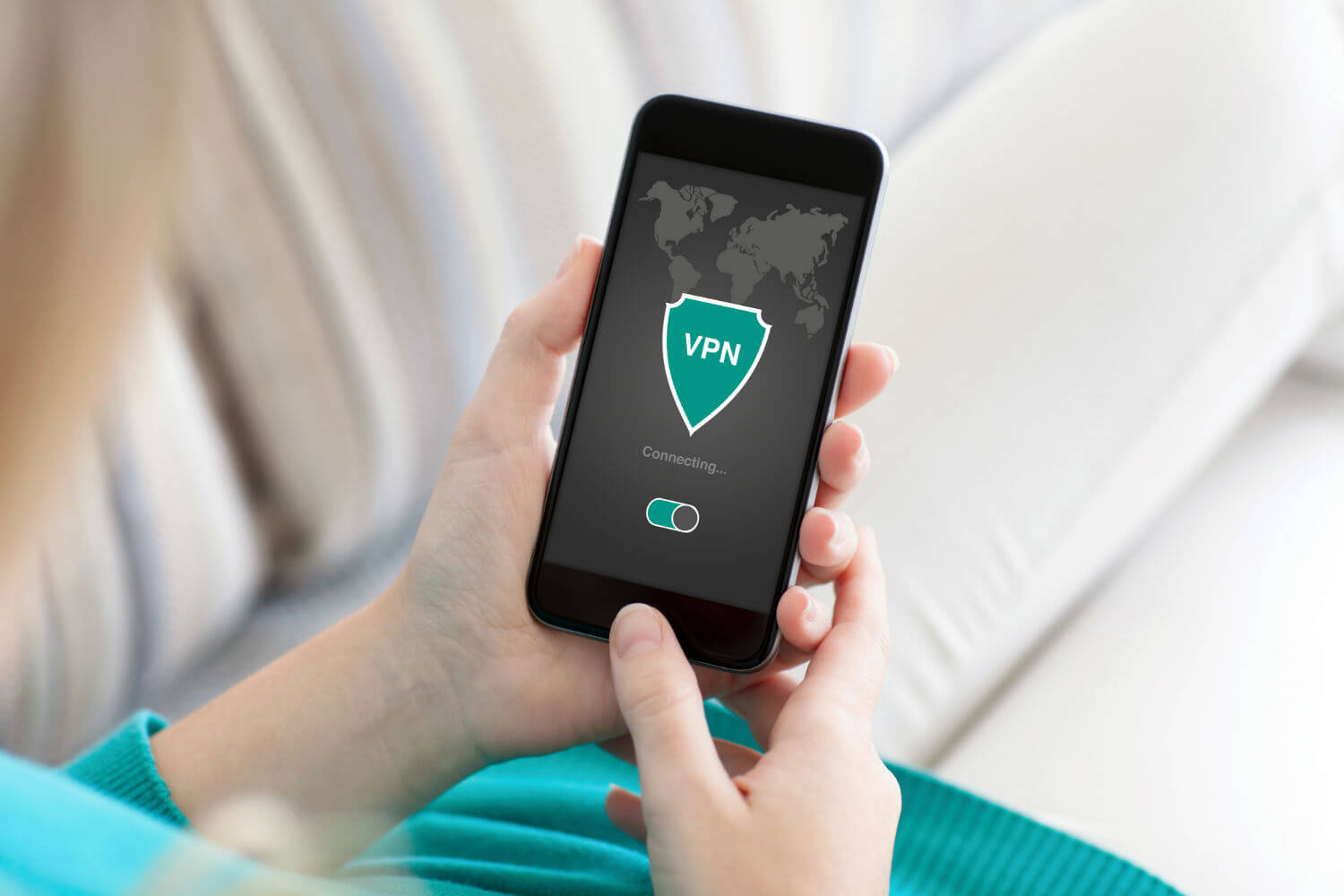Ensuring Compliance: Navigating Customs and Regulatory Requirements in Korea-USA Shipping
With markets becoming increasingly globalized, the need for sea freight from Korea to US is growing more prevalent. However, as with any cargo transportation, there are specific rules, restrictions, and requirements to consider. To ensure smooth and trouble-free shipping for yourself or your company, it’s essential to familiarize yourself with the regulatory norms and requirements for transporting goods from South Korea to the United States.
Duration of Sea Freight to the US
The delivery time depends on the departure and arrival ports, type, volume, weight of the cargo, seasonal factors, and other variables. Hence, estimated and average terms can be discussed. Generally, Full Container Load (FCL) takes up to 54 days, and Less than Container Load (LCL) takes up to 33 days from the moment of shipment to delivery. Additionally, expedited sea freight services have different delivery timeframes that must be confirmed separately.
Specifics of Sea Freight from South Korea
One intriguing aspect to note is that FCL offers a fixed price regardless of container capacity. Therefore, transporting more goods or partnering with other companies to transport smaller volumes is cost-effective. In contrast, LCL involves consolidation, meaning partially filled containers aren’t shipped until they’re full.
Remember that transportation prices may rise during seasonal discounts, sales, and holidays. Hence, experts recommend delivering products with extended or unlimited storage terms well in advance. Even if you use warehouse services in Los Angeles for efficient and safe storage of imported goods, it remains a beneficial solution.
Customs Duties, Taxes, and Other Charges for Korea-US Route
Customs duties are calculated after document verification and assessment. After receiving the calculated payment, you can pay it, and the goods will be released, provided your documents are in order. If you’re uncertain about handling this on your own, customs brokers can assist you, though their services come at a cost that should be factored into the shipping price and final product cost.
In any case, ensure you have all necessary documents, including:
- Commercial invoices (for companies);
- Bill of lading;
- HS code list;
- Documents specifying the value, origin, and quantity of goods;
- Packing lists, certificates.
Another expense during export will be insurance premiums. Insurance ranges from 0.3% to 0.5% of the total value of transported goods.
Value Added Tax (VAT) and Goods and Services Tax (GST) may be applicable for additional taxes. As for other payments, they are regulated by the KORUS Free Trade Agreement. This agreement has reduced shipping tariffs, lowered taxes, and made Korean products more accessible to American consumers.





